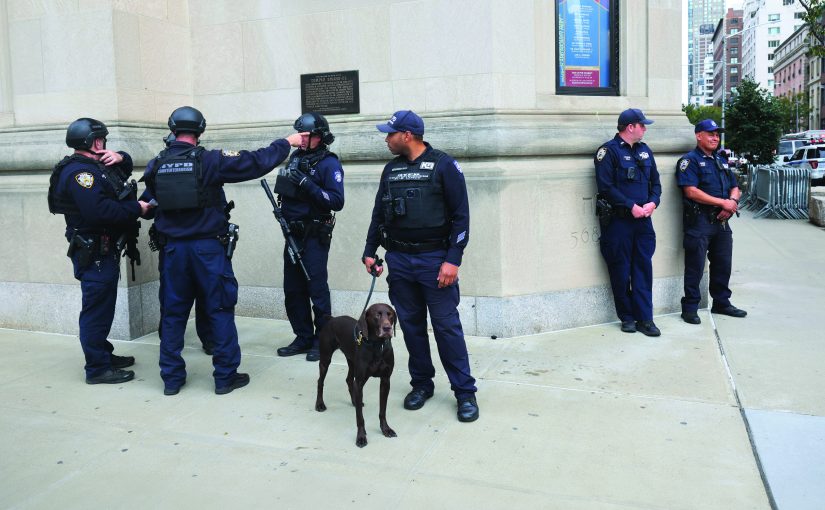The True Culture Architects
The Transformative Impact of Field Training Officers

In recent years, the public discourse around police culture has intensified, spotlighting the urgent need for reform. Amid rising calls for transparency, accountability, and community-oriented policing, the role of field training officers (FTO) has never been more pivotal. Their influence extends beyond procedural training, shaping the very fabric of police culture in ways that directly respond to these societal demands. When navigating the current environment, understanding the transformative impact of FTOs becomes essential in steering policing toward a future that aligns with public expectations and values. Alternatively, FTOs can inhibit culture change just as easily by resisting change in favor of tradition, underscoring the FTO’s influential role in shaping the department and the future of the field.
Recognizing the influence of FTOs does not diminish the chief’s role but highlights a collaborative dynamic in cultural development. Each member of the department, but particularly FTOs, contributes to the department’s character through daily interactions and decisions. The culture of a department emerges from the collective behaviors and attitudes of its members. The everyday choices of whether to engage respectfully with the community, to uphold ethical standards, and to foster teamwork reveal the true nature of a department’s culture.
Comprehensive training is crucial in shaping new police officers. A 2020 study found that the average police recruit training program lasts 21 weeks, including over 1,000 hours of training across academic, physical, practical, and legal areas. The FTO program specifically constitutes the first phase of practical training for recruits after they graduate from the police academy. Typically lasting 12–16 weeks, it pairs each recruit with an experienced FTO who mentors them as they transition from the classroom to the field. Implemented in 1972, the FTO model aims to develop officers capable of effective, ethical, and community-oriented policing. With an estimated two-thirds of police training occurring in the field, the FTO program represents a highly formative experience for recruits. As such, the role of FTOs is crucial, enabling the translation of academic knowledge into practical implementation.
In order to access the rest of the article sign in with your IACP or Subscriber credentials.


